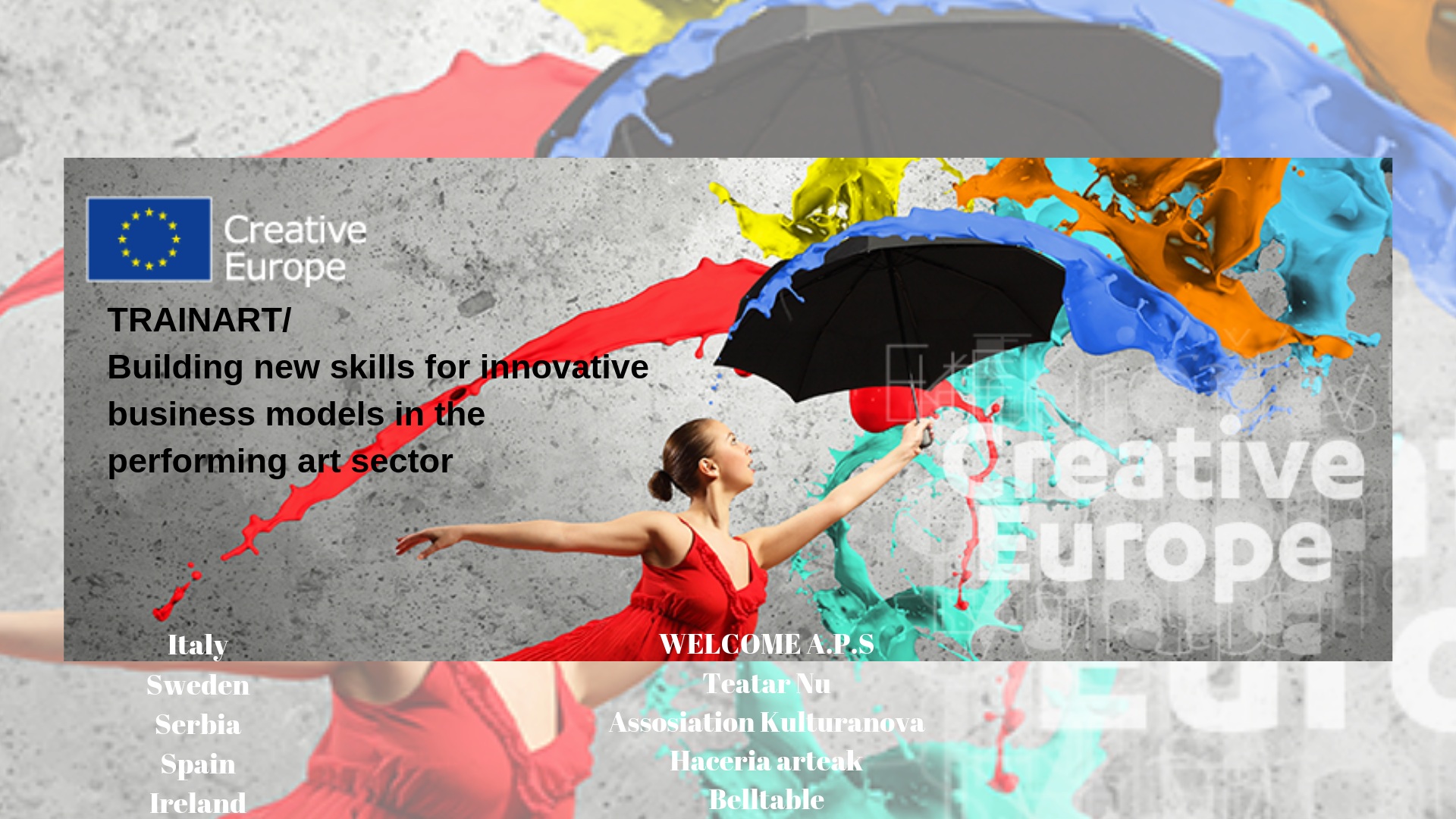
Due to the progressive shift into the Creative Economy - where “the new is normal” - the call for innovations is loud and clear in all European countries, all sectors of the economy, and all kinds of organizations. In the new world we are living, the old rules don’t work anymore: organisations must continually re-invent themselves to find new ways to better serve their clients and audiences in order to survive in a hyper-competitive environment. Even CCIs need to innovate and to find new opportunity of growth and business. Moreover, as a consequence of the economic changes as well as the financial crisis, public funding and support for arts and culture has decreased dramatically since 2008. So, cultural organizations are trying to replace these cuts through the development of new behaviours.
In particular, they are experiencing increasing pressure to become more business-oriented, and that is the reason why terms and concepts from the corporate sector are more and more used in the artistic and cultural ones. For building based cultural organisations this shift is crucial in order to achieve a long term sustainability: the key is to look for the contamination between arts, business, technology and social innovation, providing many different services (i.e. spaces for laboratories, exhibitions, shows, workshops, conferences, co-working and artistic residences). At the same time, CCIs can extend their audience by positioning themselves in the business system as providers of cultural services/activities, as they represent more and more important factors for social change or for performance improvements of organizations operating in traditional sectors. In fact, nowadays it is critical for every organisation to identify new knowledge to inspire management innovations, that is why art and cultural activities can also provide tools and techniques to transform business models. Artistic interventions can also be useful tools to bring new perspectives (beyond just aesthetics) to communities, sparking vitality and creating an environment conducive to new ideas, creativity, and social engagement. Artists can engage communities in a number of ways, as creative placemaking methodology demonstrates in the whole Europe.
In other words, CCIs are called to reflect about their business models in order to find out their own idiosyncrasies, needs, opportunities, and constraints to improve their economic performance. Thus, TRAINART will focus on two particular aspects of the CCIs: the introduction of innovative services in partners performing art portfolios (i.e. live performances in non-conventional contexts) and innovative business ideas for the management of cultural spaces (i.e. theatres). By promoting the entrepreneurial, specialised skills nowadays needed by cultural and creative sectors, TRAINART will contribute to the Creative Europe programme priorities addressed to foster capacity building both in view of acquiring new skills and improving employability and in view of enhancing the business skills of artists and cultural operators.
At the same time, for the same reason, the project contributes to supports the Economic strategic objective foreseen by the New European Agenda for Culture. Moreover, coherently with the abovementioned Agenda, one of the expected outcomes of the project is the creation of new synergies and the strengthening of the cultural and creative sectors in the Western Balkans, thanks to the inclusion of the Serbian partner Kulturanova.
Project is supported through the Creative Europe programme of the European Comission and the Foundation Novi Sad 2022 - European Capital of Culture.








